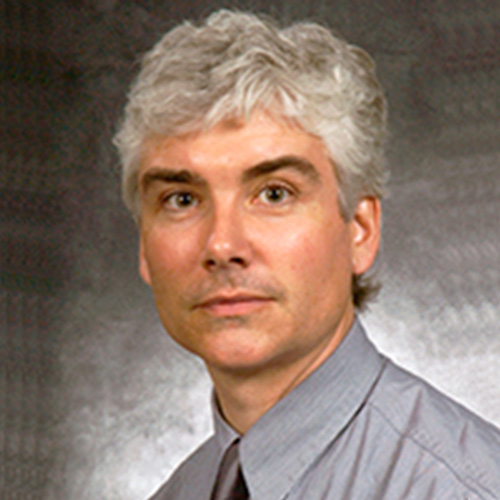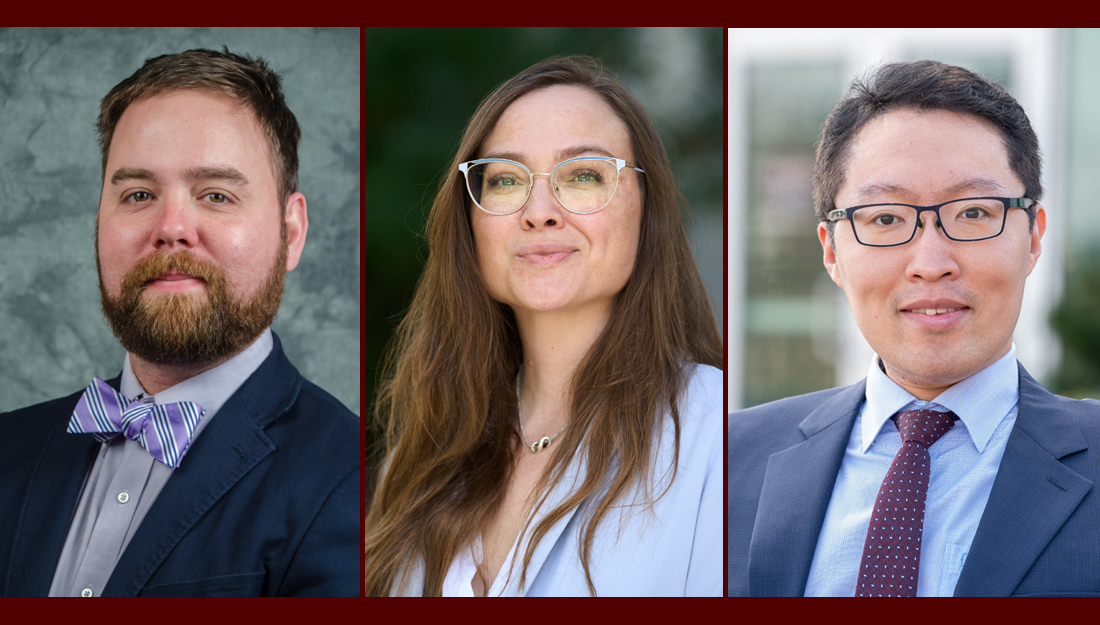SRPH researcher finds list of “model” substance abuse prevention programs lacking

(COLLEGE STATION, TX) — A researcher at the Texas A&M Health Science Center School of Rural Public Health has found that a government list of “model” substance abuse prevention programs really may not be a model.
The findings appear in the November issue of the journal Evaluation and Program Planning.
The Substance Abuse and Mental Health Services Administration (SAMHSA) maintains a list of model substance abuse prevention programs suitable for public education settings. Dennis Gorman, Ph.D., professor at the HSC-SRPH, examined the research behind these model programs.
Specifically, Dr. Gorman and colleague Eugenia Conde examined the relationship between program developers and program distributors, as well as how many program evaluations published in peer-reviewed journals have been conducted by developers. The majority of the programs examined showed a relationship between the program developer and program distributor, and very rarely was a program evaluated by someone completely independent of either the program’s developers or distributors.
These relationships create a real or apparent conflict of interest, Dr. Gorman said.
“The data presented indicate that there are relatively few published evaluations of these programs that do not involve program developers, and there are few instances in which there is a complete separation between the program developer and program distributor,” Dr. Gorman said. “The study did not examine if the conflicts of interest biased any program evaluations, although other researchers in the field have raised questions about the way in which data are analyzed and findings are reported. The SAMHSA list of model programs is currently being re-evaluated and revised.”
Research was funded by a grant from the National Institute of Alcohol Abuse and Alcoholism.
The Texas A&M Health Science Center provides the state with health education, outreach and research. Its six components located in communities throughout Texas are Baylor College of Dentistry, the College of Medicine, the Graduate School of Biomedical Sciences, the Institute of Biosciences and Technology, the Irma Lerma Rangel College of Pharmacy, and the School of Rural Public Health.
Media contact: media@tamu.edu


